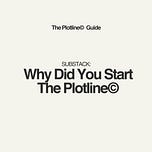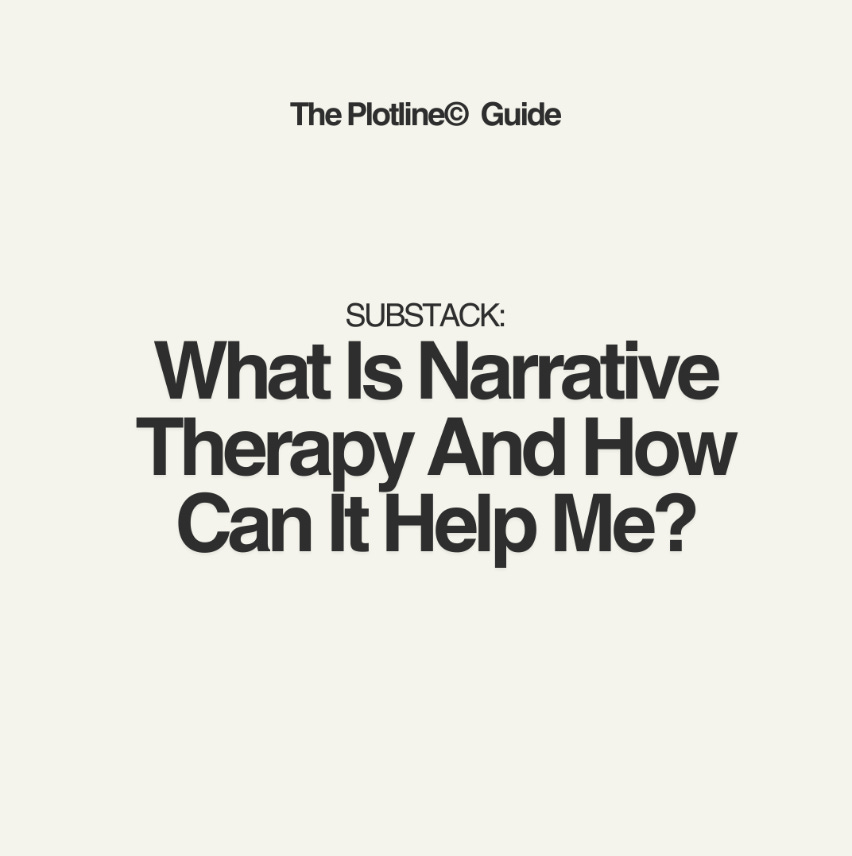TRANSCRIPT:
I’ll be honest, In my life I’ve had to create a main character alter ego to navigate some pretty traumatic things.
Maybe this will resonate with a few people here but I grew up in a household that was very emotionally unpredictable and as a young child I was constantly temperature checking the room when I came in, shifting my emotions in order to see how I should be acting in order to keep the peace.
Consequently the long term effects of that on a person is you end up putting your needs second.
And then when you grow up in an environment like that you can find yourself constantly reverting to a fawn response and not advocating for yourself in order to make other people “happy”.
So The Plotline© is a hack I learned to use to help me shift into a mindset of caring for myself and being the main character in my own life but still being a best supporting actor to other people at the same time…
So for instance if I find myself shifting in a fawn response or feeling like I’ve neglected my needs a bit, I mentally shift into ‘character’ and ask myself ‘what would main character Meghan do right now’ in this particular story.
I spoke to a therapist about it and she told me actually this is a form of Narrative Therapy and it is a legitimate way to cope with stress and trauma.
Then, doing The Plotline© daily as a journal practice really ups the motivation factor even further.
What would the main character version of you get done today?
Narrative Therapy is a therapeutic approach where we separate ourselves from our problems and see them as part of our story, rather than defining who we are. It’s about stepping into the role of the author of your own life, and if necessary, rewriting the narrative that’s not serving you.
For example:
Say, for instance, you’re someone who’s always struggled with self-doubt, especially in social settings.
Maybe you had an embarrassing moment years ago, like a public speaking failure, and ever since, you’ve internalised the story: “I’m not good enough in front of people.”
Now, whenever you’re asked to speak or take the lead in a group, your anxiety skyrockets because this negative story keeps playing in your head.
Through Narrative Therapy, you’d look at this story and realize that it’s only one chapter of your life.
Instead of identifying as someone who can’t handle speaking in public, we’d shift the narrative to someone who’s learned from that past experience and has grown since then.
You might even start seeing those past experiences as valuable learning moments, building your resilience.
So your new plotline could become: “She’s faced challenges before, and while she’s stumbled, each time she’s gained strength and confidence and now she’s ready to speak up and own her voice.”
And by practicing that third person narrative, you’ve removed some of the emotional attachment to the outcome which can help relax you.
Want to find out more about The Plotline© or get your hands on your own copy?
Visit doitfortheplotline.com
x Meghan








